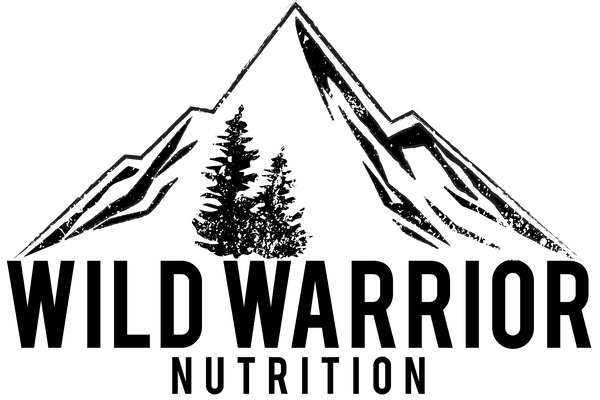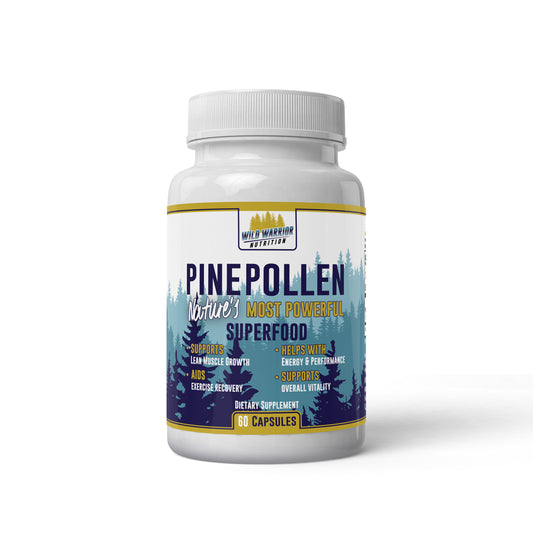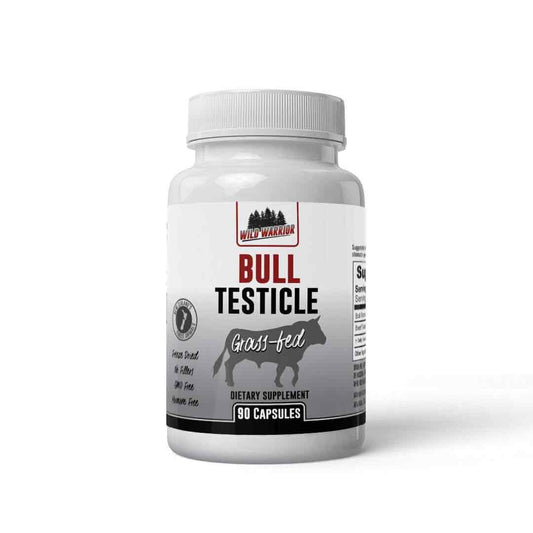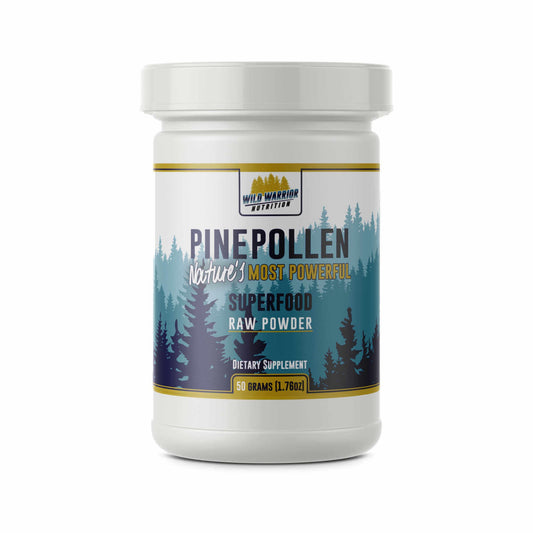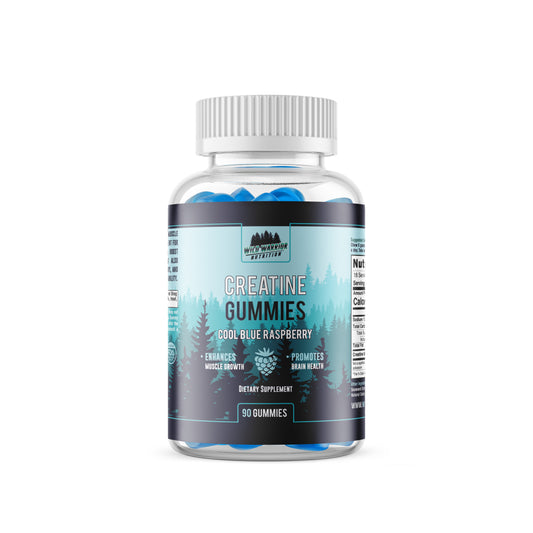Stephen J Smith, Adrian L Lopresti, Shaun Y M Teo, Timothy J Fairchild, Examining the Effects of Herbs on Testosterone Concentrations in Men: A Systematic Review, Advances in Nutrition, 2020;, nmaa134, https://doi.org/10.1093/advances/nmaa134
A recent meta-analysis confirmed that herbs can and do influence testosterone levels in men. While not all herbs and/or superfoods were included in this review, it does provide support for including targeted herbs in your diet to maintain health androgen levels.
The following is an abstract of the research conducted. To review the full results of the study and the research methods used, get the full report here: https://pubmed.ncbi.nlm.nih.gov/33150931/
Testosterone concentrations in males tend to decline with advancing age. Low testosterone, also known as androgen deficiency (AD), is associated with an increased risk of morbidity and mortality. Currently, the primary treatment for AD is testosterone replacement therapy (TRT), which may exacerbate pre-existing medical conditions.
Therefore, the use of alternative options, such as herbs, spices, plants, or their extracts, has been explored as a potential treatment option for AD. The aim of this systematic review was to summarize and critically evaluate randomized controlled trials published on the efficacy of single herbal ingredients on testosterone concentrations, in addition to its fractions or binding proteins, in men (≥18 y).
From the 4 databases searched, there were 13 herbs identified in 32 studies, published between 2001 and 2019. The main findings of this review indicate that 2 herbal extracts, fenugreek seed extracts and ashwagandha root and root/leaf extracts, have positive effects on testosterone concentrations in men.
Also, some evidence exists for another herb and herbal extract, Asian red ginseng and forskohlii root extract. Overall, 9 out of 32 studies demonstrated statistically significant increases in testosterone concentrations. Moreover, 6 studies out of 32 were judged as having a low risk of bias.
Current evidence is largely based on young, nonclinical populations, with 16 out of 32 studies using men <40 y of age. Conclusions are moderated by the paucity of research for many herbs, the variation in dosages and extracts used, small sample sizes, and the heterogeneity of study characteristics. Also, further research is required before definitive conclusions on efficacy and safety can be made
Again, while not all herbs were included in this review, results of the review provide support for including targeted superfoods and herbs in your diet for keeping your testosterone at youthful levels.
Want to support testosterone with real superfoods? Click here to get started.
